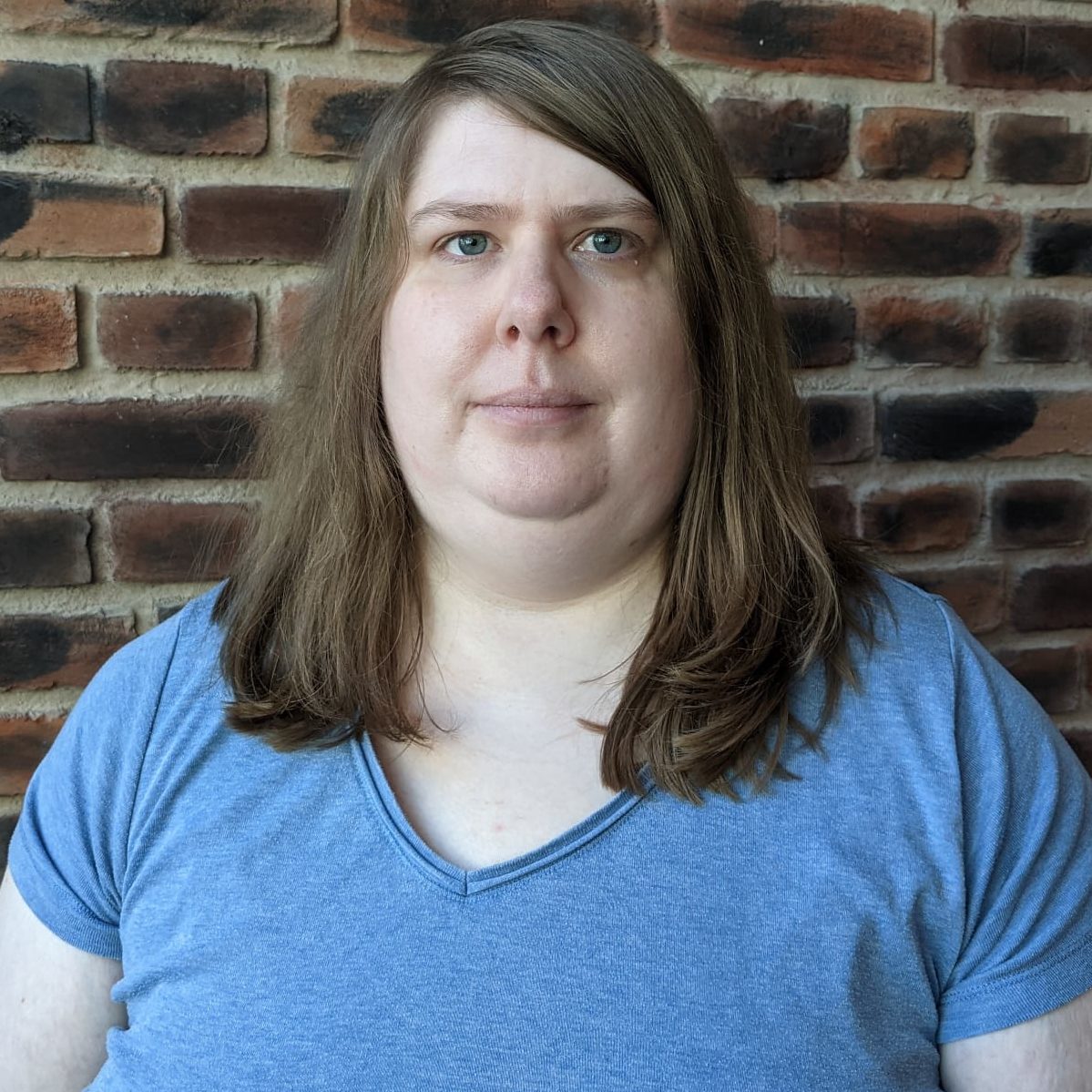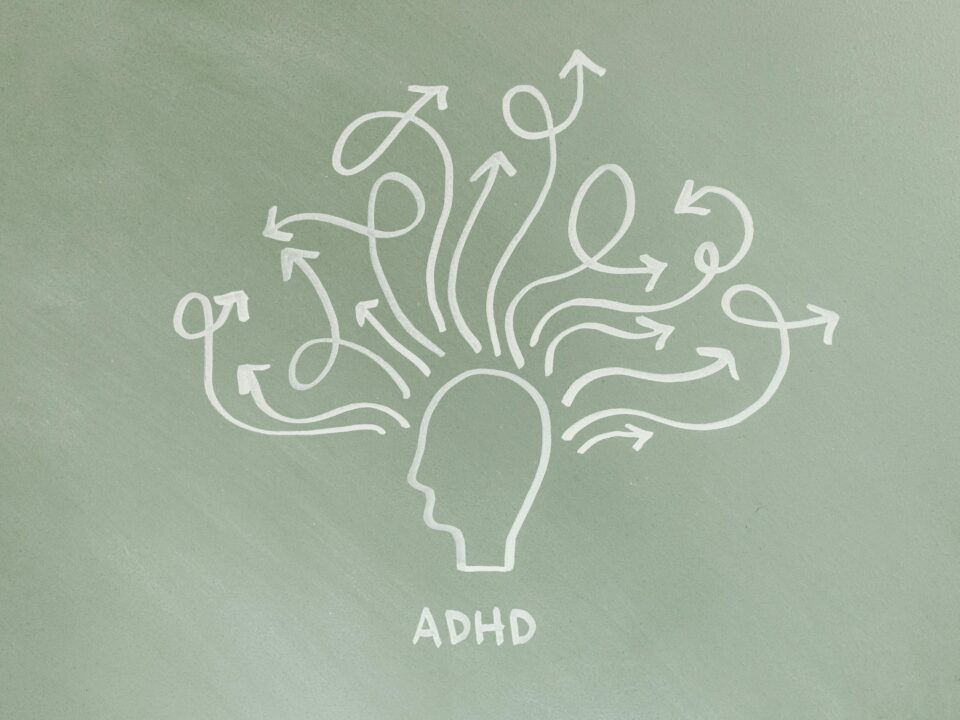What is Verbal Dyspraxia & Its Symptoms?

Featured image by Mike van Schoonderwalt, Pexels.com
Blog post updated on 25th July 2022.
What is verbal dyspraxia?
Verbal dyspraxia, also known as speech dyspraxia or oral dyspraxia, is a type of dyspraxia that can affect a person’s speech. Different terms for it include developmental verbal dyspraxia (DVD), childhood apraxia for speech (CAS – apraxia is another term for dyspraxia), or developmental apraxia of speech (DAS).
This disorder can show when a child is first learning to speak. The child may “have difficulty planning and co-ordinating their movement of muscles used” such as their tongue, lips, jaw and palate “to produce the right speech sounds or words. There is no physical damage to the child’s nerves or muscles used in speech because they are affected by the brain.
What are the signs and symptoms of verbal dyspraxia?

Image by Ketut Subiyanto, Pexels.com
- Difficulty making sounds
- Difficulty repeating sequences of sounds or words
- Making different mistakes when saying the same words
- Difficulty with intonation, such as speaking in a monotone voice
- Having a very limited vocabulary
- Speaking more slowly than fellow peers
- Using more pauses and fewer words
- Making searching movements with their lips and tongue when trying to say a sound.
- Being unable to speak or gesture at all
- Sometimes being able to say automatic phrases such as counting, but not able to engage in conversations
- Having ‘jumbled up ‘ sounding speech and be difficult to understand
- Becoming stuck on a word or a sound
- Taking a lot of effort for them to speak
Advice for parents and adults

Image by Los Muertos Crew, Pexels.com
Parents who are concerned about their child’s speech should book an appointment with their GP. The GP may refer the child to a speech and language therapist (SaLT). The parent and child can then visit the SaLT in private.
Adults who have verbal dyspraxia may want to visit GPs and SaLTs alone or accompanied by another adult.
Treatment for verbal dyspraxia

Image by RDNE Stock project, Pexels.com
This includes speech therapy that SaLTs carry out. This might be more beneficial for children who have mild verbal dyspraxia. People who have more severe verbal dyspraxia could find sign language more helpful.
How to communicate with someone who has verbal dyspraxia

Image by Ron Lach, Pexels.com
- Respect the person with verbal dyspraxia as an equal
- Allow them time to get their message across
- Face the person when talking to them
- Sit and/or stand close to the person when you are with them
- Try to talk in a quiet environment
- Ask questions that require shorter answers
- Ask specific questions to help identify the subject being discussed such as, “Is there anything you need help with?”
- Be honest and tell the person when they are hard to understand
If you experience any of these signs of dyspraxia, try taking our online dyspraxia quiz.
Webinars: Developmental Language Disorder and Do I Have Verbal (Oromotor) Dyspraxia?
Nat Hawley, our Head of Community, has hosted these webinars about developmental language disorder (DLD) and verbal dyspraxia. The webinars discuss the symptoms of each diagnosis. These webinars are not intended to diagnose DLD or verbal dyspraxia. Only a medical professional can make a diagnosis.




